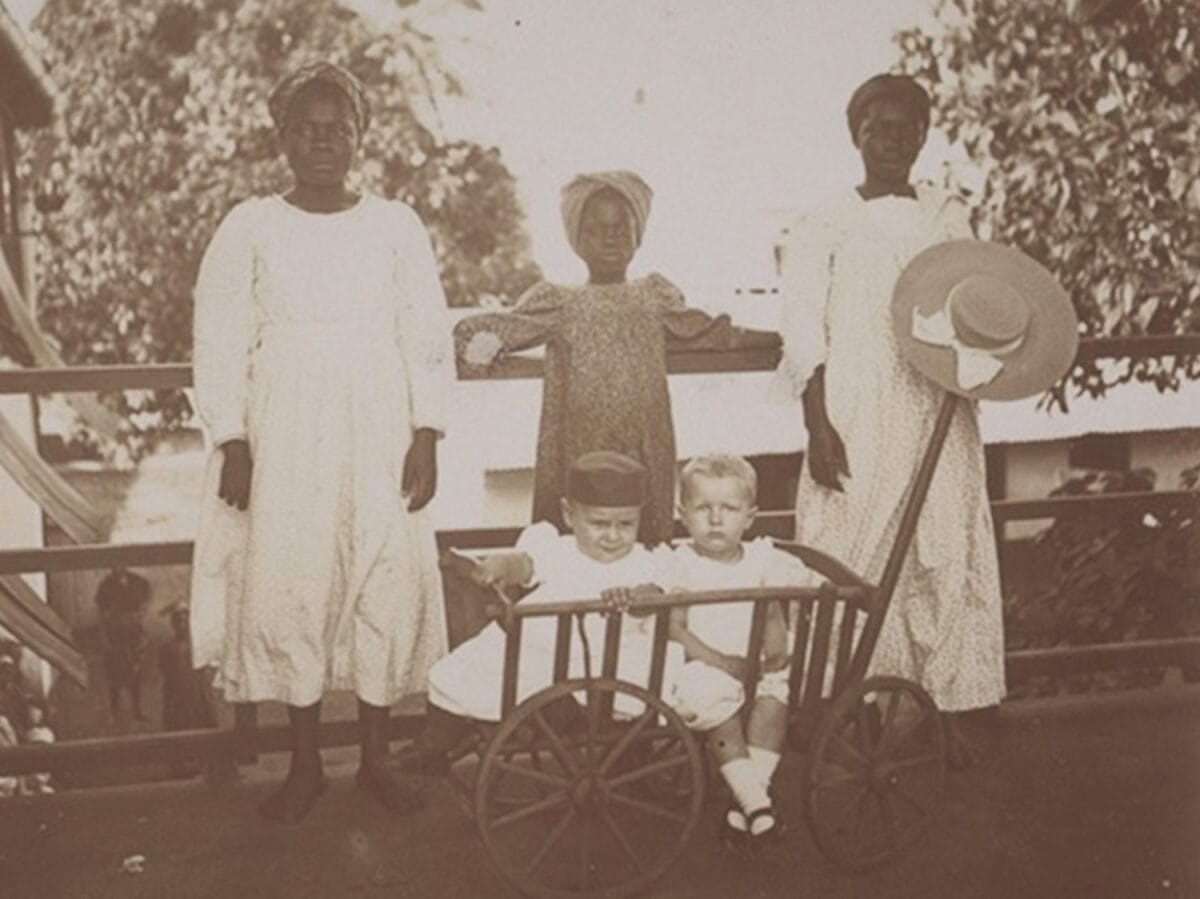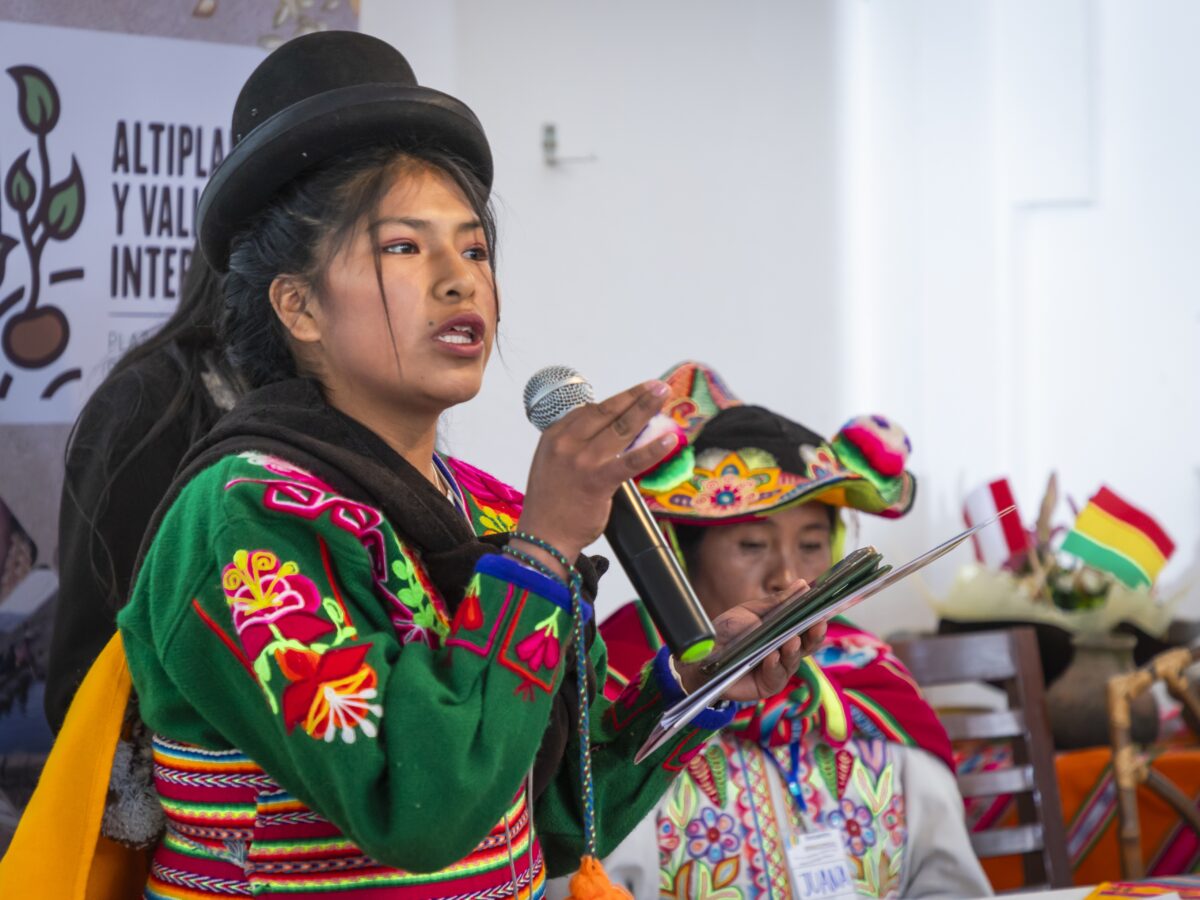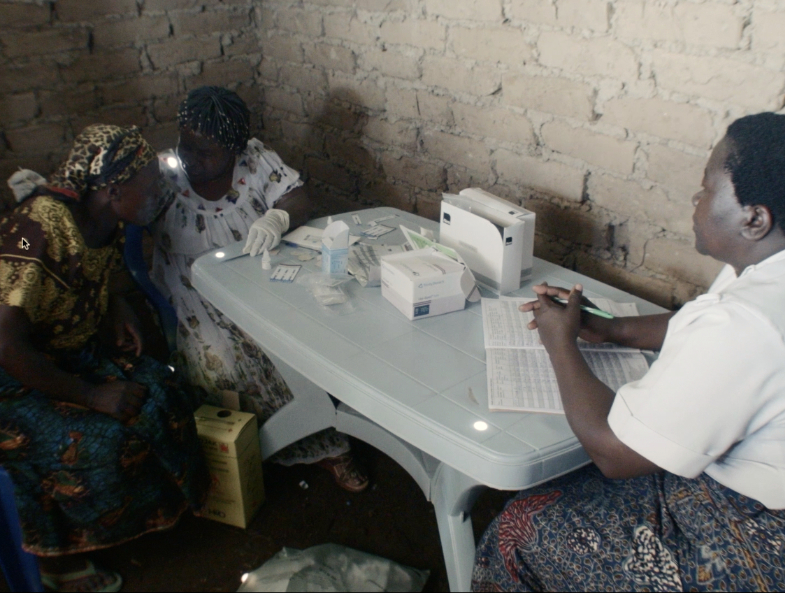In the webinar of the series "Mission-Colonialism Revisited", two historians from Basel and Delhi reported on childhood and childhood in the environment of the Basel Mission in the 19th century. They shed light on the educational principles of the mission and their effects in different cultural contexts.
In the current webinar of the series "Mission-Colonialism Revisited", Dr. Dagmar Konrad from the University of Basel and Dr. Divya Kannan from Shiv Nadar University in Delhi gave insight into their research. The webinar generated great interest. About 80 interested people and experts from different continents participated online.
Both historians spoke about their research on children and childhoods in the sphere of influence of the Basel Mission during the colonial period. The findings illuminated and complemented each other. Numerous questions from Claudia Buess, head of educational events and moderator of the series, as well as from the circle of participants, helped to complement and deepen what was heard.
Broken family biographies
Dagmar Konrad offered insights into the situation of missionary children and their parents in the 19th century. Due to the regulations of the Basel Mission, the children of the missionary couples were sent to Europe at the age of six to receive a European Christian education.
Konrad reported - with a focus on the mission families in India - vividly and enriched with quotes from letters about the situation of the children, their parents and also about the role of the native nannies, who were often responsible for the care of the young children of the mission couples. Her presentation illuminated numerous aspects of the fractured family biographies of the missionary families.
Discipline and hard work
Indian historian Divya Kannan reported on the experiences of Indian children in the boarding schools and orphanages of the Basel Mission in various parts of British-ruled Malabar in what is now southern India (Kerala state).
She showed how orphans and children from poor families were given the opportunity of education in the institutions of the Basel Mission. However, this was not aimed at promoting the children, but was characterized by discipline and hard physical labor. Numerous children resisted this regime and some fled the schools.
The recording of the webinar is available online, the presentations were supplemented by numerous contemporary photographs, which make the explanations additionally vivid.
► Watch the webinar
► Next educational event: Int. forum on transcultural and interreligious peacebuilding, August 17-18, 2023.
► Book reference: Dagmar Konrad, "Missionary Children






